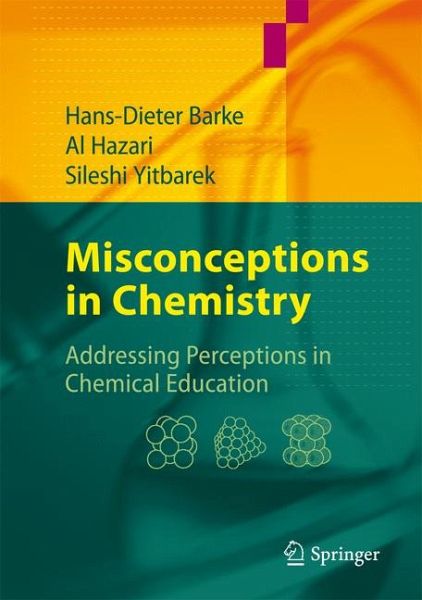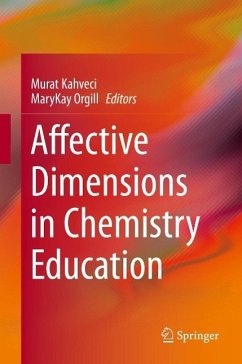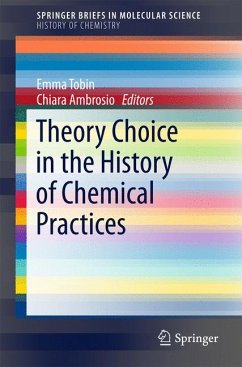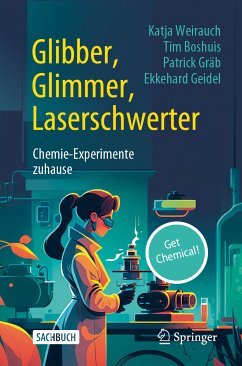
Misconceptions in Chemistry (eBook, PDF)
Addressing Perceptions in Chemical Education
Versandkostenfrei!
Sofort per Download lieferbar
88,95 €
inkl. MwSt.
Weitere Ausgaben:

PAYBACK Punkte
44 °P sammeln!
Over the last decades several researchers discovered that children, pupils and even young adults develop their own understanding of "how nature really works". These pre-concepts concerning combustion, gases or conservation of mass are brought into lectures and teachers have to diagnose and to reflect on them for better instruction. In addition, there are 'school-made misconceptions' concerning equilibrium, acid-base or redox reactions which originate from inappropriate curriculum and instruction materials. The primary goal of this monograph is to help teachers at universities, colleges and sch...
Over the last decades several researchers discovered that children, pupils and even young adults develop their own understanding of "how nature really works". These pre-concepts concerning combustion, gases or conservation of mass are brought into lectures and teachers have to diagnose and to reflect on them for better instruction. In addition, there are 'school-made misconceptions' concerning equilibrium, acid-base or redox reactions which originate from inappropriate curriculum and instruction materials. The primary goal of this monograph is to help teachers at universities, colleges and schools to diagnose and 'cure' the pre-concepts. In case of the school-made misconceptions it will help to prevent them from the very beginning through reflective teaching. The volume includes detailed descriptions of class-room experiments and structural models to cure and to prevent these misconceptions.
Dieser Download kann aus rechtlichen Gründen nur mit Rechnungsadresse in A, B, BG, CY, CZ, D, DK, EW, E, FIN, F, GR, HR, H, IRL, I, LT, L, LR, M, NL, PL, P, R, S, SLO, SK ausgeliefert werden.













